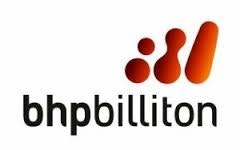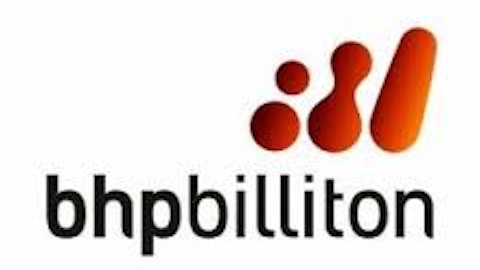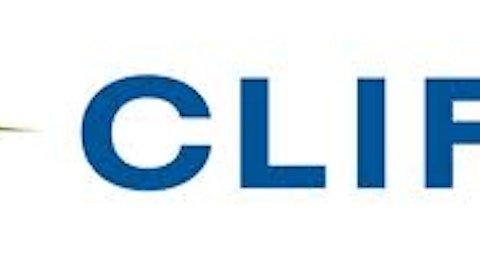Anglo American (NASDAQOTH:AAUKY.PK), which is down by more than 30% year-to-date , has hugely underperformed its peer miners BHP Billiton Limited (ADR) (NYSE:BHP) and Rio Tinto plc (ADR) (NYSE:RIO). Anglo’s stock underperformance can be explained through its weak operational results. Despite being very concentrated in iron ore production, the underperformance has not been related to the metal’s weak prices. Anglo’s CEO Mr Cutifani, has now committed himself to aggressive profitability targets. I think he might achieve its targets helping the stock outperform its peer group going forward.

Costs must fall
Anglo’s management has simply been a lousy resource allocator, making the company the least profitable in the large diversified mining group over the last five years. While Anglo American has shown 8% returns on capital employed, BHP Billiton Limited (ADR) (NYSE:BHP) and Rio Tinto plc (ADR) (NYSE:RIO) have achieved returns of 15% and 20%, respectively. Anglo’s new profitability target has been set at 15% for 2016. Mr. Cutifani doesn’t plan to rely on higher commodity prices. He aims to cut costs and improve the profitability profile of its large capital expenditure (CapEx) program.
The bar has been set high. A 15% return would mean an improvement in cash flows of about $3.5 billion. At least $1.3 billion will come from overhead savings, trimming logistics costs and a better sales performance, but the rest will need to come from other sources such as CapEx. As a matter of fact, 2013 CapEx was reduced from $7.5 billion to $6.5 billion, making the gap narrower by $1 billion. Since dividends will not be touched (the yield is now at an attractive 4%), the remaining amount will surely come from CapEx too.
Valuation and ongoing risks
Anglo American trades at 2013 15 times P/E while BHP Billiton Limited (ADR) (NYSE:BHP) and Rio Tinto plc (ADR) (NYSE:RIO) trade at 13 times and 10 times P/E, respectively. You may think that Anglo American is considerably more expensive than its peers but multiples are a static valuation short-cut. If Anglo’s plans work as expected, earnings should grow considerably and the company’s multiple will fall accordingly.
You may also argue that Anglo American is a riskier play than BHP Billiton Limited (ADR) (NYSE:BHP) and Rio Tinto plc (ADR) (NYSE:RIO) given Anglo’s dependence on iron ore, its exposure to the risk of labor unrest in South Africa (where Anglo makes 46% of its cash flows) and its higher net debt to EBITDA multiple.
BHP Billiton Limited (ADR) (NYSE:BHP) and Rio Tinto plc (ADR) (NYSE:RIO) are also huge iron ore plays, but they have more diversified portfolios. While BHP has large oil projects (for example Eagle Ford), Rio Tinto plc (ADR) (NYSE:RIO) is a strong copper player. Moreover, BHP Billiton Limited (ADR) (NYSE:BHP) and Rio Tinto have their net debt set at 1 time EBITDA while Anglo American has a net debt to EBITDA multiple of 1.7 times.
Foolish conclusion
All of the above being said, the scope for margin improvement at Anglo American is too high to be ignored. The company’s CEO is aware of his company’s weaknesses and is working hard to overcome them. Anglo American is working into diversifying its portfolio, cutting overhead, reviewing its project pipeline and reorganizing itself very fast. The company has already cut its senior management team and consolidated its ten business units into six groups. In Cutifani’s own words “We do not require wholesale change to our portfolio, but we do need to become much more disciplined, more effective and more efficient.” I believe the plan is realistic so I will start following Anglo American closely. I think you should do the same!
Federico Zaldua has no position in any stocks mentioned. The Motley Fool has no position in any of the stocks mentioned. Federico is a member of The Motley Fool Blog Network — entries represent the personal opinion of the blogger and are not formally edited.
The article This Miner’s Margins Might Soar originally appeared on Fool.com is written by Federico Zaldua.
Copyright © 1995 – 2013 The Motley Fool, LLC. All rights reserved. The Motley Fool has a disclosure policy.




